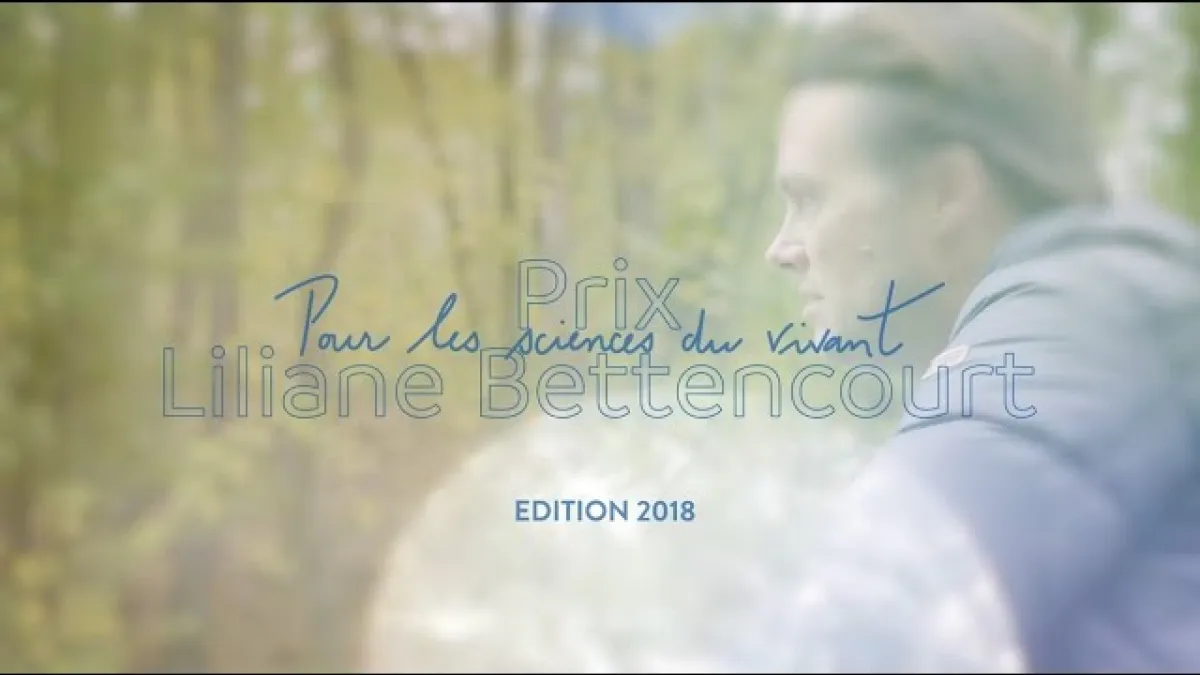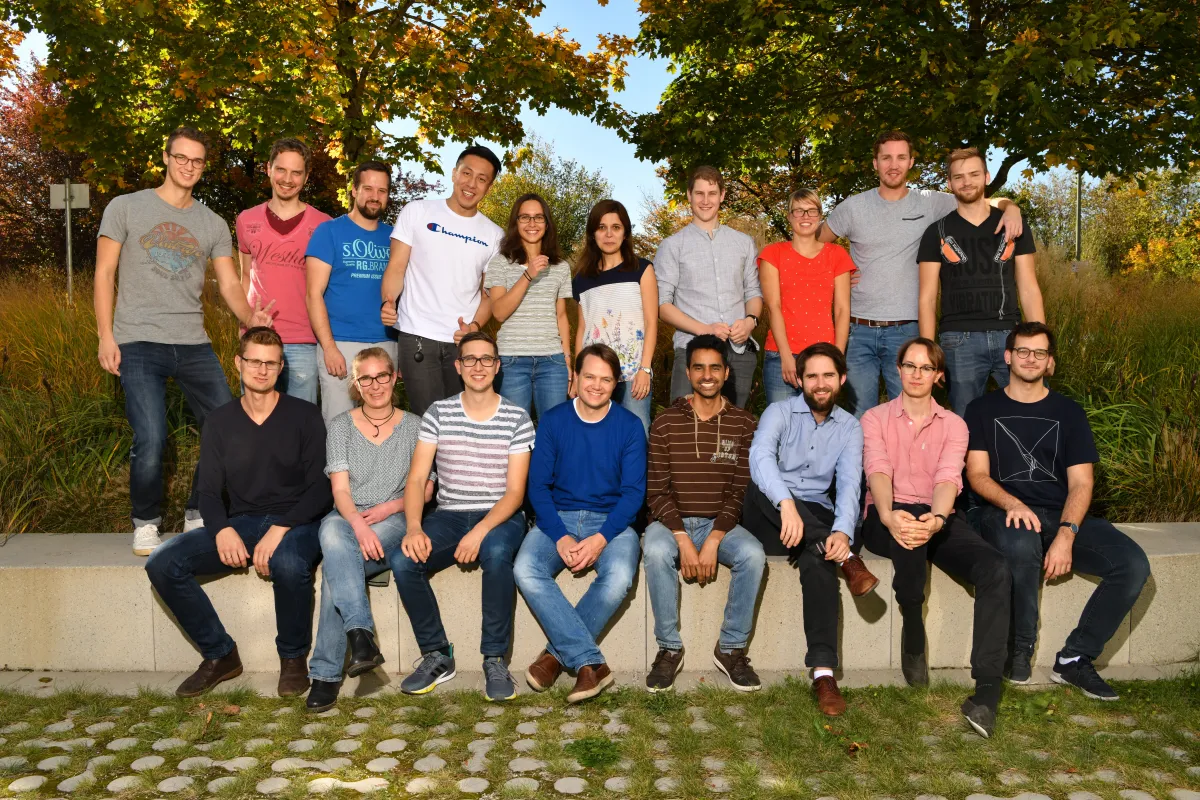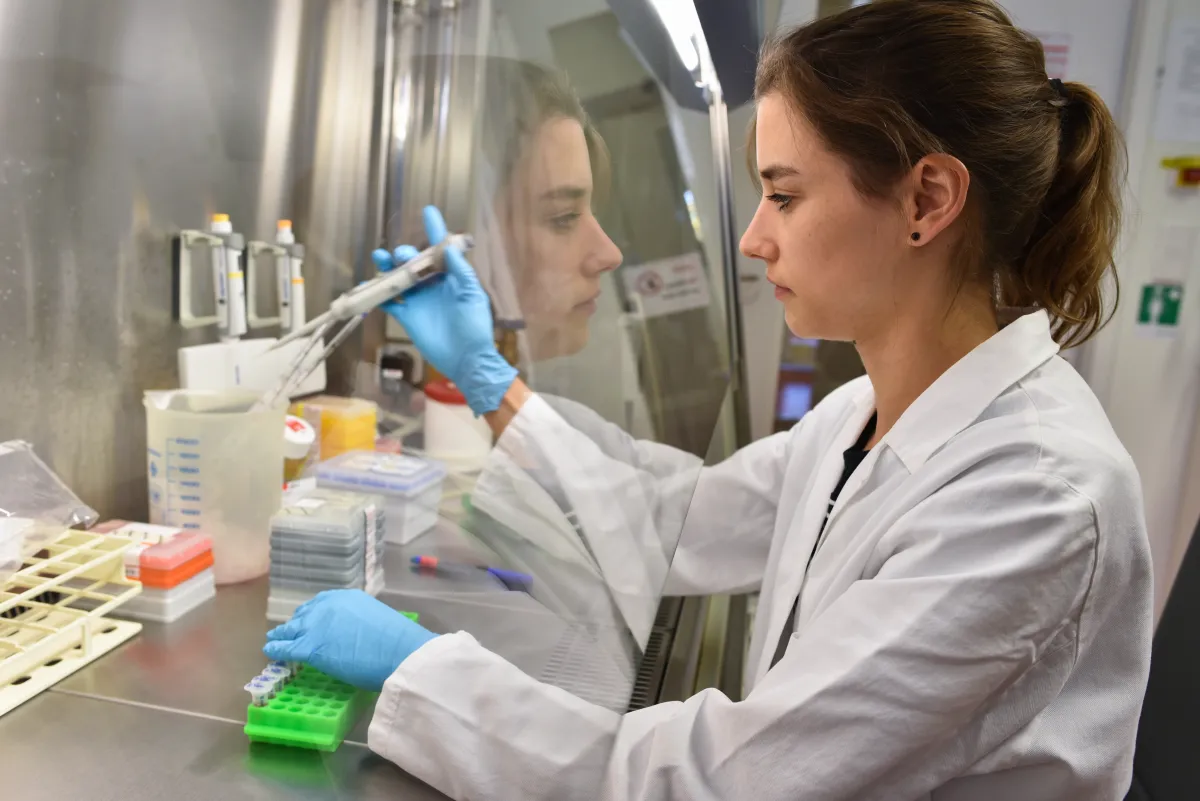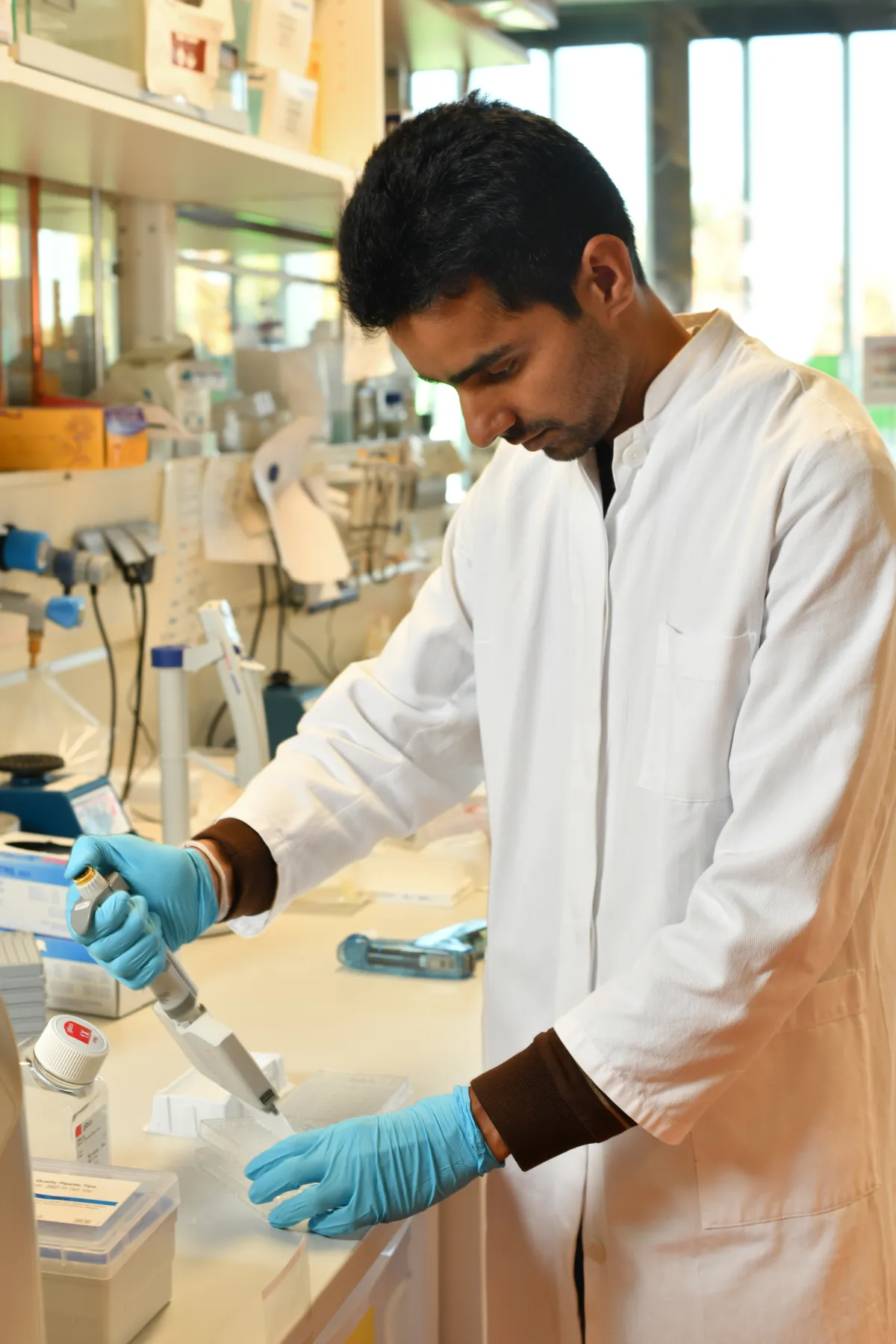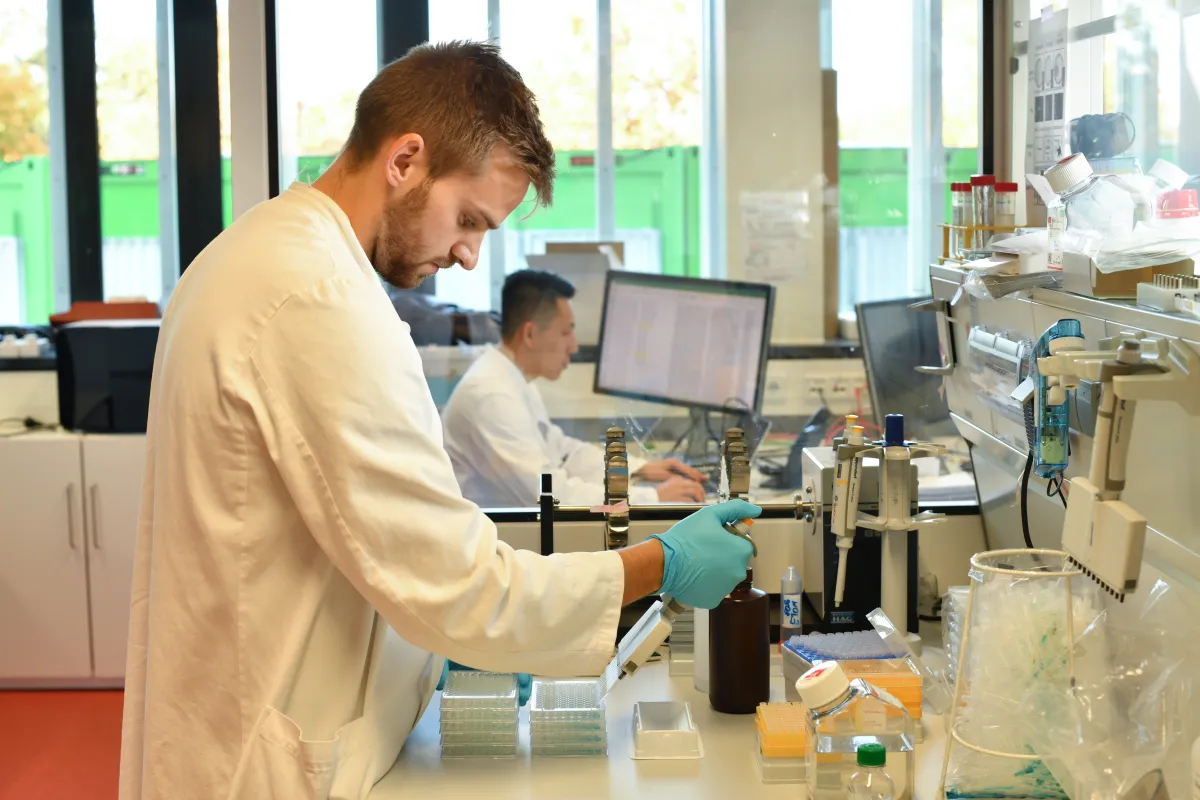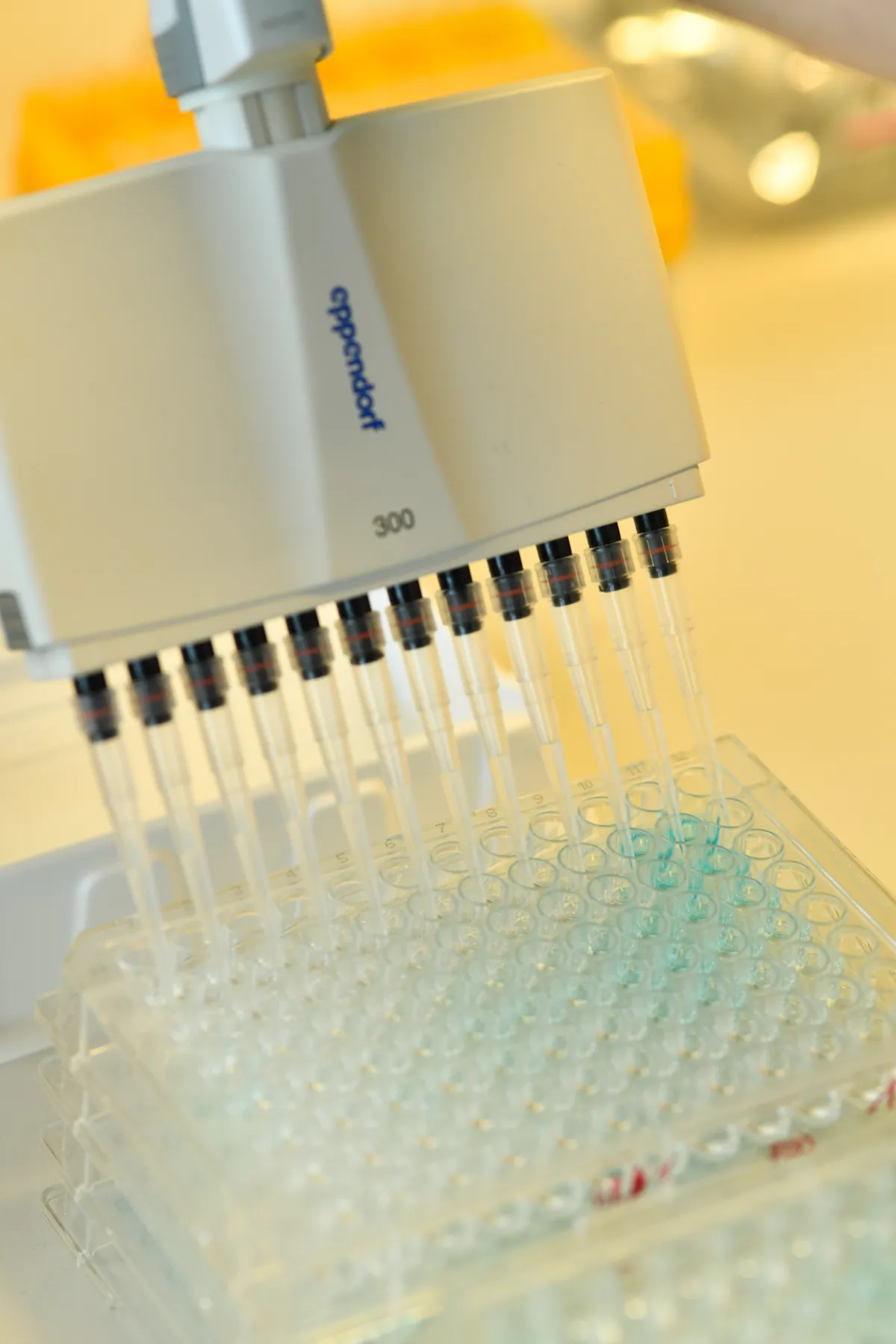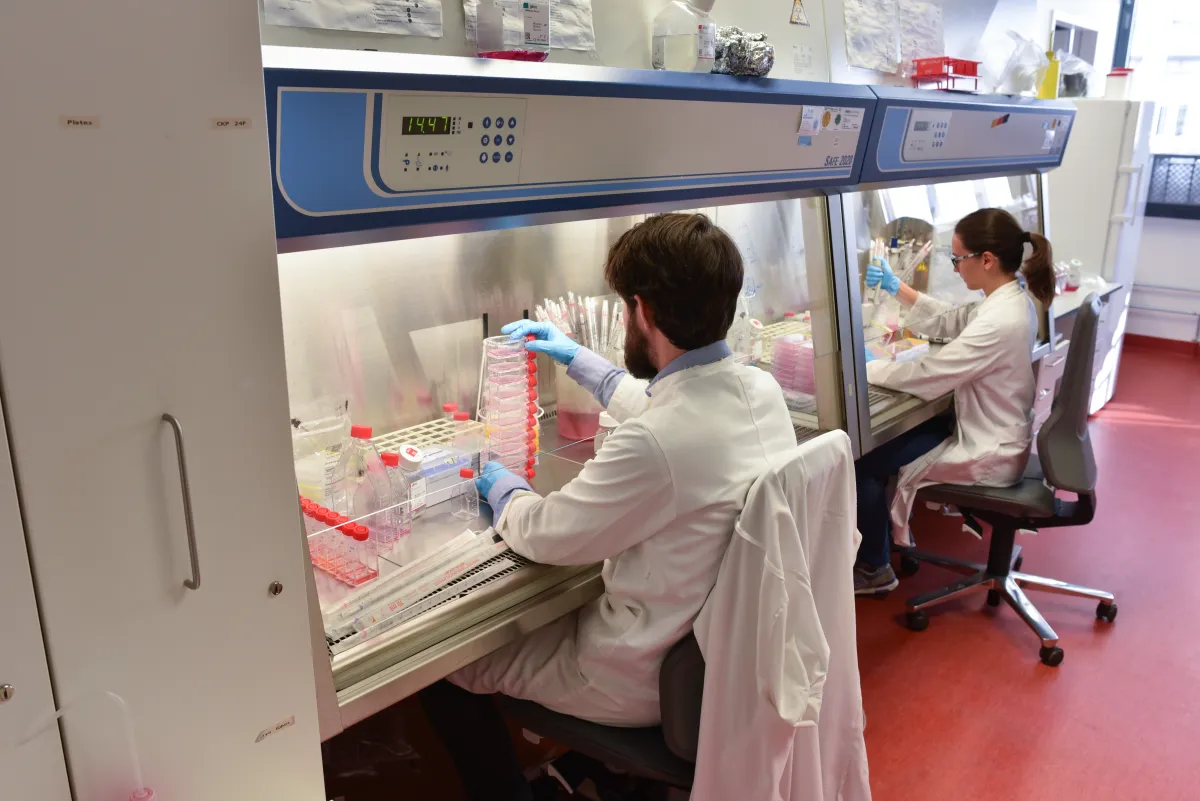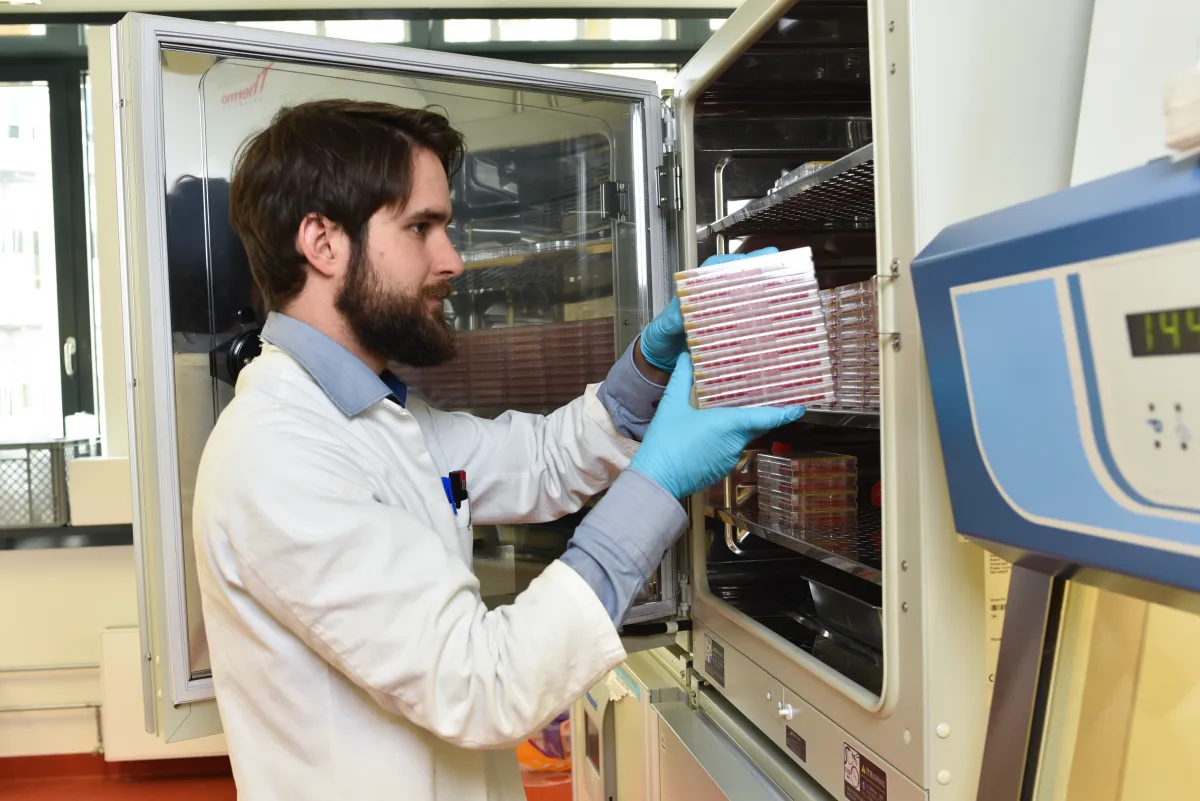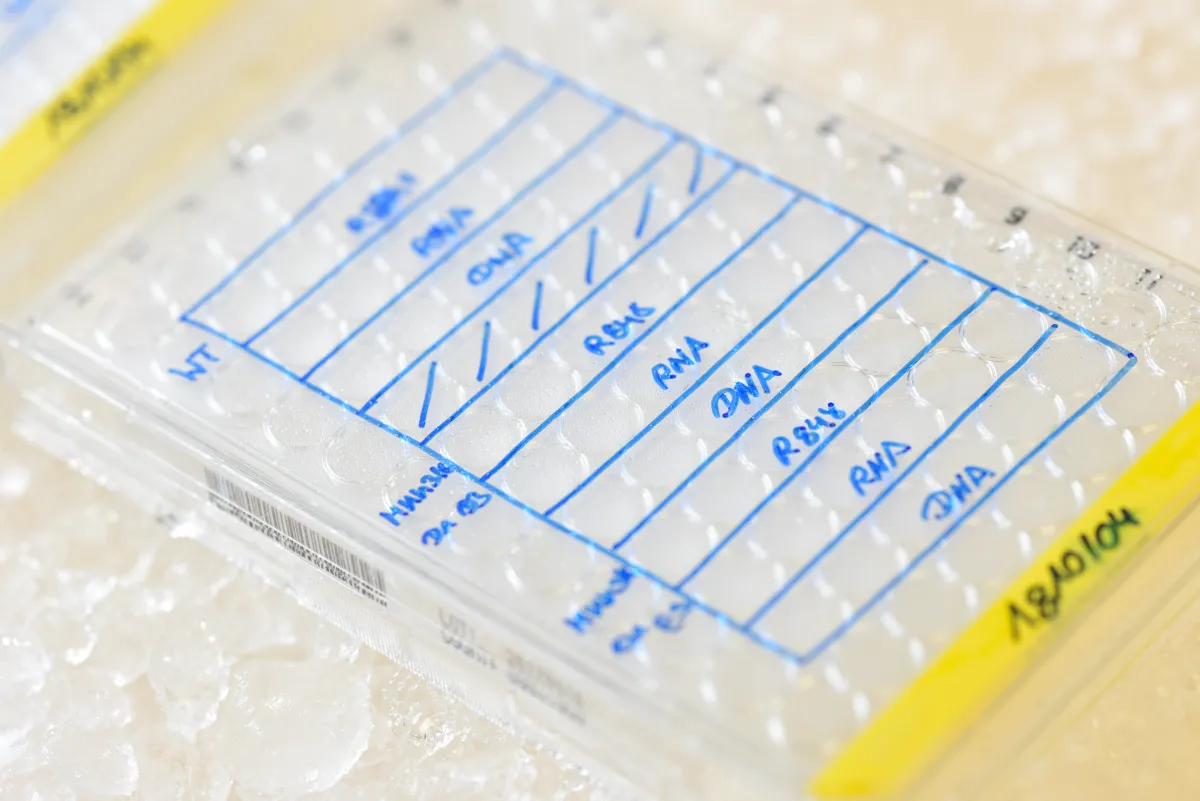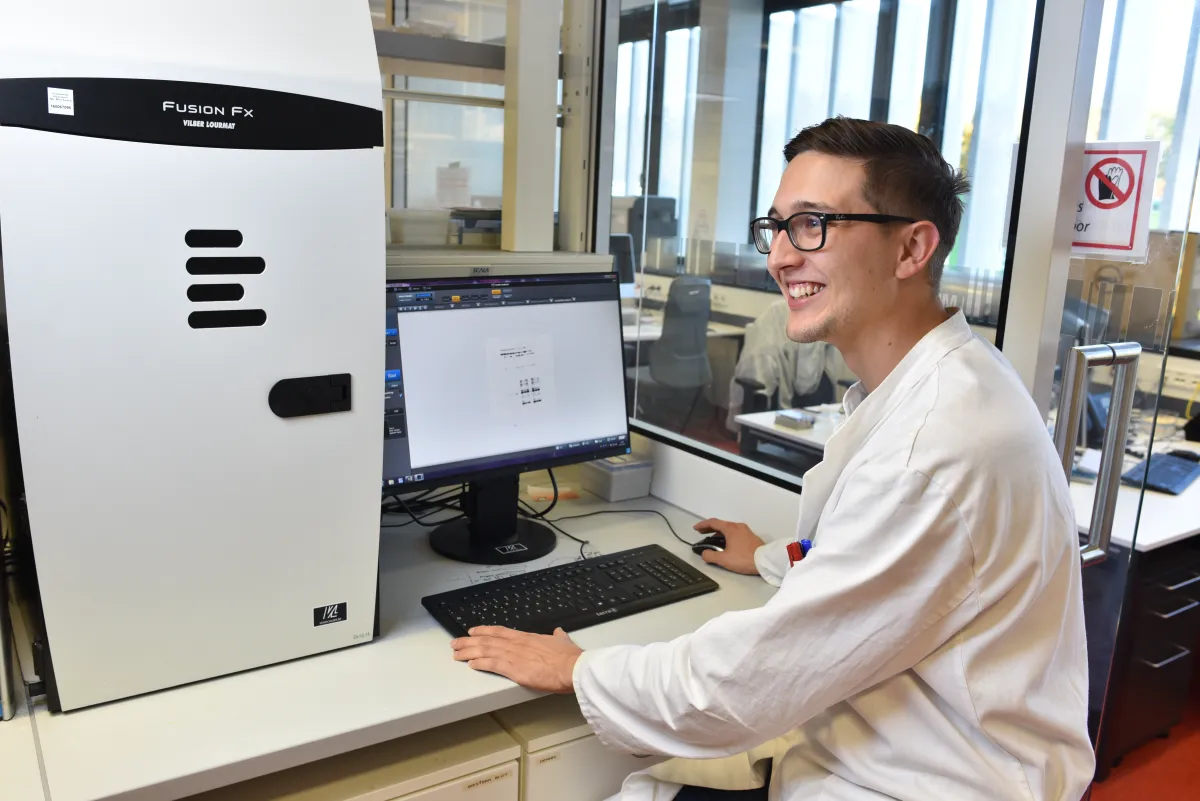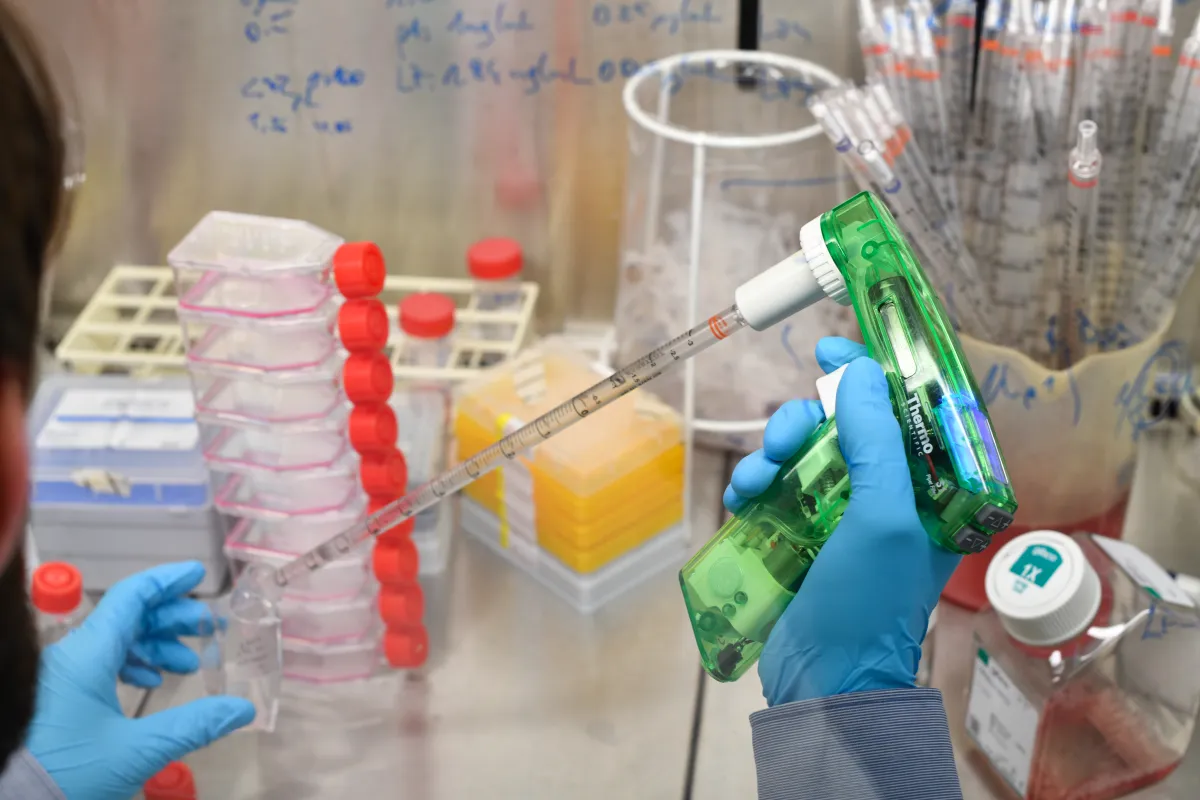Veit Hornung Identification of the molecular mechanisms of inflammation
Veit Hornung, Chair of Immunobiochemistry, Ludwig-Maximilians-Universität, Munich, Germany Ludwig-Maximilians-Universität website
- 2018 • Liliane Bettencourt Prize for Life Sciences
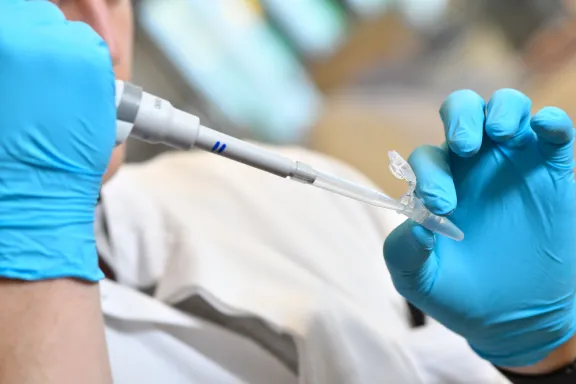
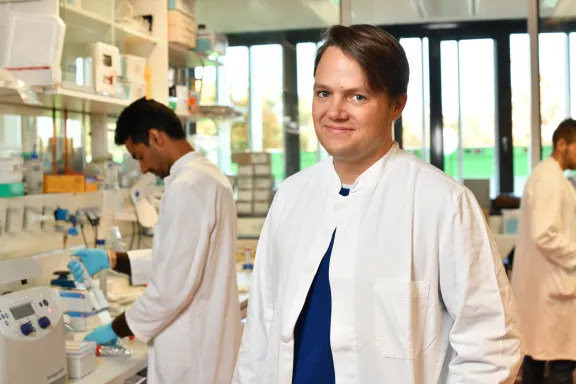

Until recent years, the innate immune system was at best considered as an antiquated remnant of evolution, something to fill in for the adaptive system until it is ready to take over. Veit Hornung’s discoveries were decisive in revising this view and revealing the actual, sophisticated functions of the innate immune system. In fact, as the laureate’s research shows, this system that responds instantaneously to infection pulls the strings of non-self detection. It also triggers and orchestrates the subsequent adaptive responses. Amongst the reactions governed by innate immunity, inflammation is especially important in countering infection and restoring cellular balance. Unfortunately, inflammation may become dysregulated and in turn give rise to diseases that are often chronic. Their cost only in Europe is estimated to reach over 6 billion euros every year.
The project rewarded by the Liliane Bettencourt Prize for Life Sciences focuses on a protein at the very root of the entire inflammatory response: the NLRP3 inflammasome. This protein assembles itself within the cytoplasm upon pathogen detection or in the presence of an alarm signal. Once complete, it triggers an enzymatic cascade that culminates in cellular death and inflammation. Hornung’s team discovered major differences between the human NLRP3 and its better-studied mouse counterpart.
The PhD student that will be hired on the award’s funds will explore the activation of human NLRP3 and its main substrate, the IL-1β molecule. The latter coordinates numerous functions that are central to the inflammatory response, such as, locally, other immune cells activation, or, systemically, fever induction. A large number of widely-spread, multifactorial diseases, such as type II diabetes, Alzheimer’s disease, gout or atherosclerosis give rise to chronic inflammation through NLRP3. Understanding how the inflammasome responds to endogenous cell damage signals, in a pathogen-free environment, could lead to the rapid development of therapeutic solutions.
Liliane Bettencourt Prize for Life Sciences
The Liliane Bettencourt Prize for Life Sciences rewards each year a researcher under the age of 45 for the excellence of their work and their remarkable contribution to their field of scientific research. This prize is awarded, depending on the year, to a researcher based in France or working in another European country. Thirty winners have been awarded since 1997. From 2023, prize rewards the laureate up to 100,000 euros.
All the award-winners